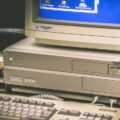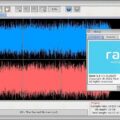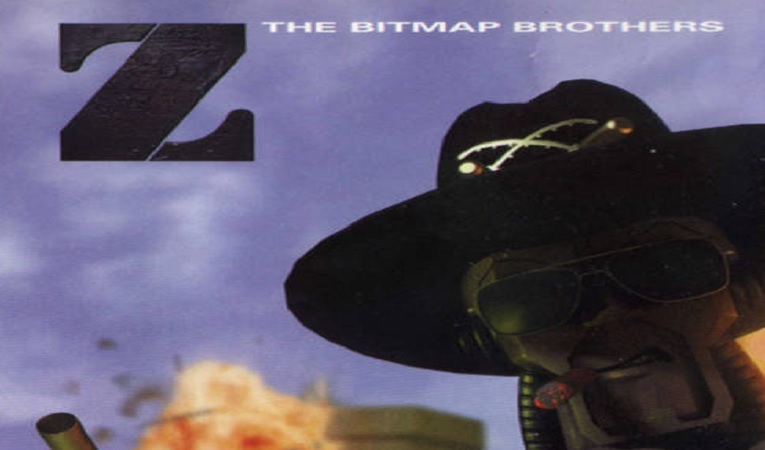
Octamed was released in 1989 on Commodore Amiga home computers. Anyone who created music on the Commodore Amiga will likely still have a fondness for trackers. OctaMED was a musical creation tool for budding electronic producers who were beginning to realize that you didn’t have to possess any traditional musical skills to put together tracks. The software became very popular in the growing demoscene. In the pre-YouTube days, they would show off their work in short presentations that often ran before cracked versions of popular games and applications as a virtual tag to highlight the particular group’s skills on top of the cracking itself. The scene evolved to host large parties, where programmers and tracker aces would face off trying to stitch together the most economic, low usage patches that were technologically possible, and this is where MED sought to be different. While most tracker software was trying desperately to pander to the needs of the nascent demoscene, MED was aimed squarely at musicians. Usually the programs cut down on functionality to help lower CPU usage. MED, on the other hand, allowed for longer patterns and more complicated compositional structure, which pushed the usage to a point where the resulting file simply couldn’t be tacked onto the beginning of a game or demo. Thankfully, the extra features also caused the software to gain a legion of followers of its own. In 1991, OctaMED was released, and could run eight separate channels on the Amiga’s notorious four-channel chip. It was popular and ubiquitous, and by 1996 supported hard disk audio recording and a massive 64 channels. Because it was cheap, powerful and relatively easy to use, OctaMED was responsible for helping to shape the sound of early ’90s hardcore and drum’n’bass. Early 2015 A-EON Technology announced that it has concluded the purchase of the source code and exclusive rights to develop, publish and distribute MED, OctaMED and OctaMED SoundStudio for AmigaOS.
news source: various sources / image source: Pexels / watch on Youtube












